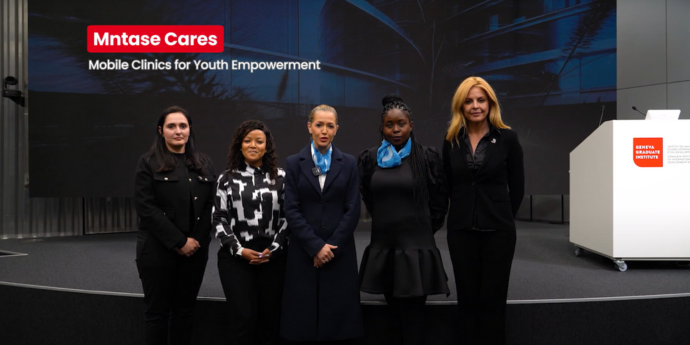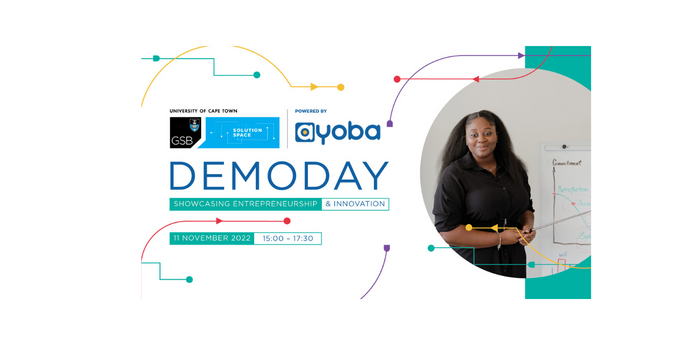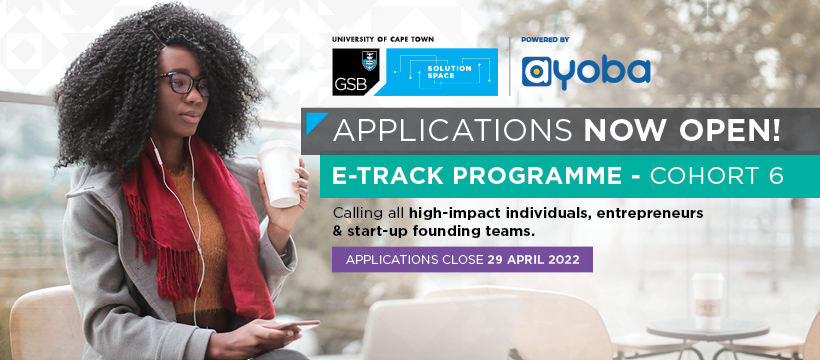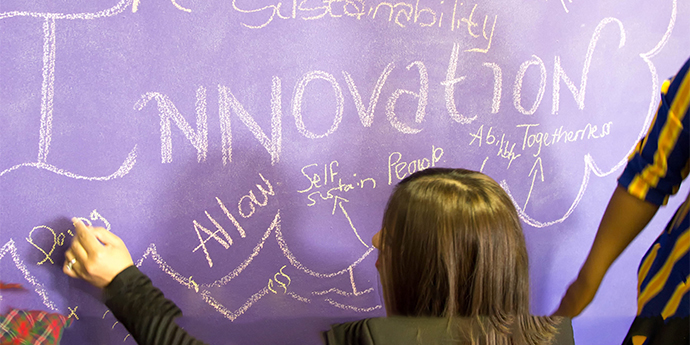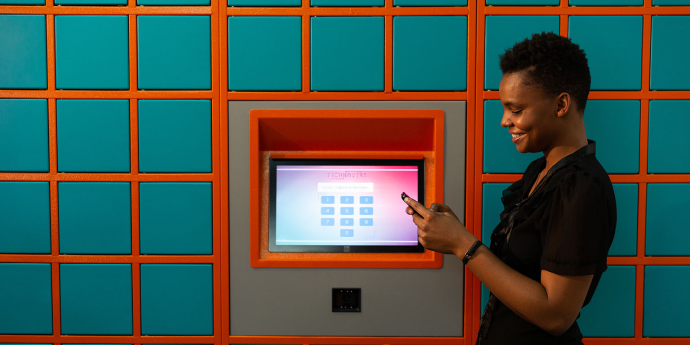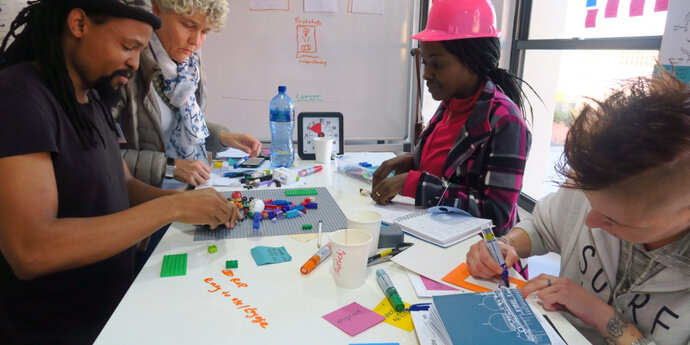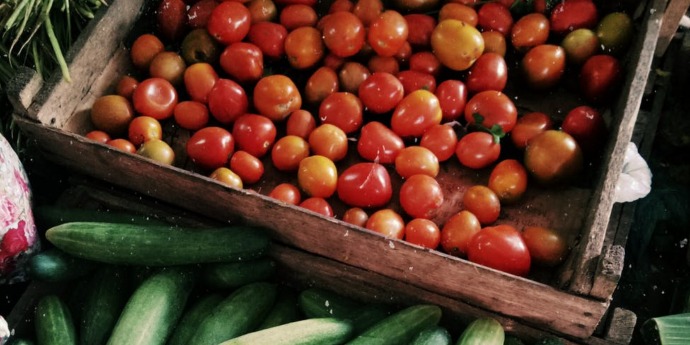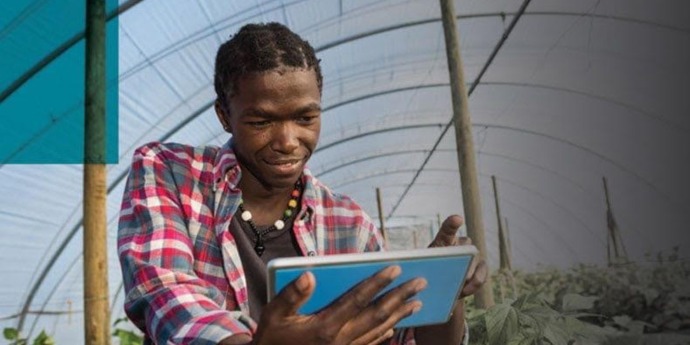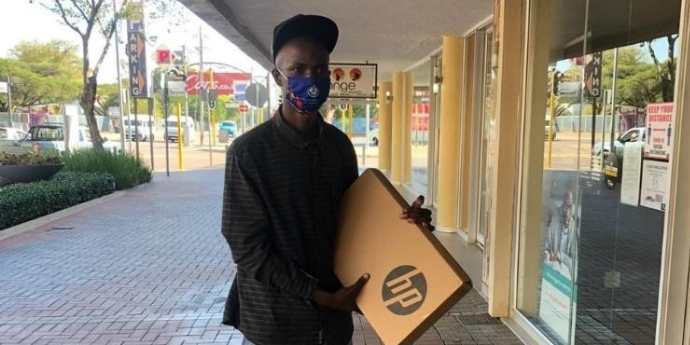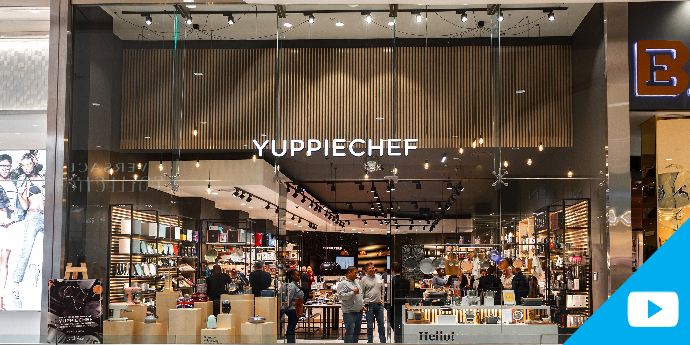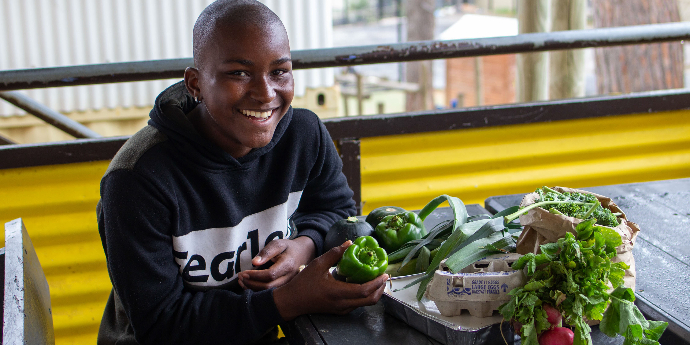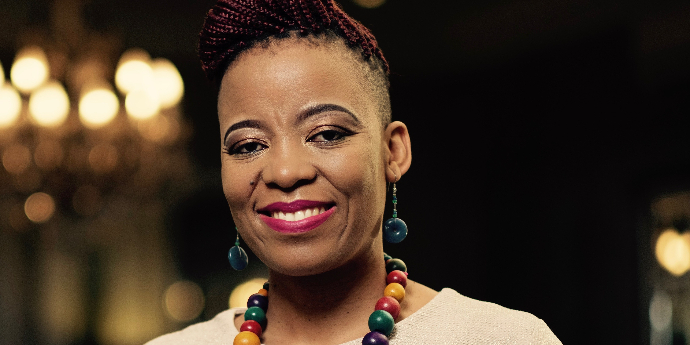The global pandemic is forcing businesses around the world to change the way they operate. One South African company, Yuppiechef, is demonstrating that the principles of customer centricity and agility are core to successful adaptation.
Andrew Smith, the CEO of South Africa’s well-known kitchen and homeware store, Yuppiechef, admits that from the moment the national lockdown was announced, things happened quickly at the business — or rather, even faster than usual. The company had to close their physical shops as well as stop trading online, only to discover a few days into the lockdown that there was demand for certain products that could be sold under lockdown. So they geared up to start selling a whole new line of goods including cleaning products, food and beverages.
The team also got busy on social media and their website, uploading new content to connect and engage with customers such as online cooking videos, which were all made free to people during the lockdown period. “Because we knew people were at home with their kids and having nothing to do, and we had a huge uptake with that,” Smith says.
Like most businesses around the world, the company is having to find ways to deal with the disruption to business caused by the unprecedented global disaster that is COVID-19 and strict regulations imposed by governments to contain it. “We have been trying to figure out, week by week, what is allowed and not allowed, what is safe and not safe and what our customers expect. And that has continued until now where we are still trying to figure out the way forward,” said Smith in a recent radio interview.
When Smith and his business partner Shane Dryden founded Yuppiechef 14 years ago in the living room of a suburban home in Cape Town, the concept was of an online shop selling upmarket kitchen and homeware products for a growing number of “foodies” — people interested in cooking and entertaining. In the first month, there were only eight sales. It took a year for them to reach 200 customers, but the company focused on delivering superior customer service and building relationships with customers, eventually earning six consecutive “e-commerce store of the year” awards as well as a 300% year-on-year revenue growth by 2011.
In 2017, they made the unusual decision of opening physical shops; a move from clicks to bricks. This story, captured in a UCT GSB teaching case study published last year, surfaced a business model that is supple in finding solutions and deeply customer-centric — Yuppiechef has an extremely high record of positive feedback (99%) on customer service watchdog Hellopeter.com, which noted that 60% of purchases from Yuppiechef were from returning customers. Bringing the same level of customer satisfaction to their new physical stores was a challenge but one that Smith took seriously. And now, with lockdown forcing the closure of their physical shops, the company has once again turned to its customers for guidance. In responding to customers’ requests they are adding new products daily to their online offering.
This kind of thinking exemplifies the mindset, described by Stanford University psychologist Carol Dweck as the growth mindset, which argues that it is not talent or intelligence that bring success in life and business, but rather being open to learning and developing and seeing mistakes and failures as challenges and lessons from which to learn.
Instead of being held back by a fear of uncertainty and possibly negative outcomes, like a fixed mindset does; a growth mindset actively looks for ways around the obstacles and shortcuts in the traffic jams. In a recent discussion with Dr Tim London, Head of Organisational Innovation at the UCT GSB, Smith explained that being able to adapt to changing market conditions, as well as supply and demand was absolutely vital in helping the company build its brand from the start. It is this same thinking that has helped them be more flexible in adapting their business model to the challenges brought on by the current crisis.
Smith believes the future holds more potential opportunities for his business, like connecting good chefs and quality ingredients with people who love food and gourmet meals. As traditional supply chains are being disrupted, he suggests there are possibilities for others too to tweak their business models and find other ways for customers to get particular products or services that may be in short supply. For instance, the shortage of yeast on supermarket shelves may have more to do with traditional packaging and a disrupted conventional supply to restaurants now closed, opening a possibility for a savvy entrepreneur able to find new ways to produce or package or distribute this product.
Smith sees more customer behaviours changing in future, with people staying home more and preferring home-based activities. Yet as some doors close (literally), others will open, he says. For instance, gyms may suffer, but online fitness channels are already booming. Smith says April was the company’s busiest month in terms of website visitors and interactions. “People are starved of interactions and what companies can do to remain relevant and interesting, is to provide really good and valuable interactions with customers.”
Online retailer OneDayOnly.co.za says South Africans were definitely shopping more onlineduring lockdown. Since lockdown started, there was a 40% increase in page views per user and a 15% increase in basket sizes. Items like hand sanitizer, gloves and masks as well as fitness gear like activity trackers and watches were most popular. According to Matthew Leighton from the site, they were surprised to note that many people were willing to buy wine and clothing and to wait for these items to be delivered after lockdown.
Smith continues, “I think the future will see more contact-less transactions, such as online shopping, as well as the evolution of traditional retail.” He believes retailers should consider new avenues like click-and-collect services, delivery options and payment platforms. “It is about being interesting and creative about the offering made to customers,” he says. All business owners are facing an unprecedented challenge to their businesses. His advice to others? “Learn how to make decisions quickly and become comfortable with not knowing if it is the right decision or not.”
Mignon Reyneke is an associate professor at the UCT GSB and co-author with Claire Barnardo of the teaching case study titled Yuppiechef: From Clicks To Bricks - an omnichannel approach for a South African business. To access a copy of the teaching case, please email Claire Barnardo at the UCT GSB Case Writing Centre at claire.barnardo@gsb.uct.ac.za


